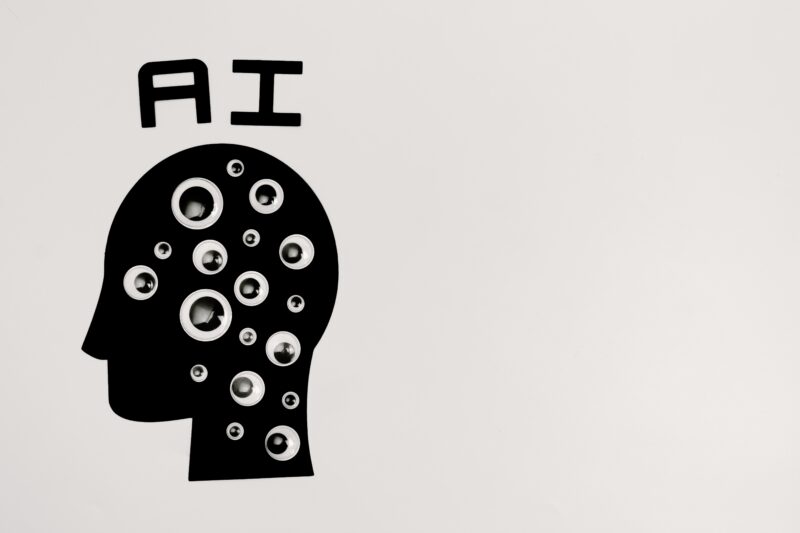
dfgh

























Positions


EU’s AI Act fails to set gold standard for human rights
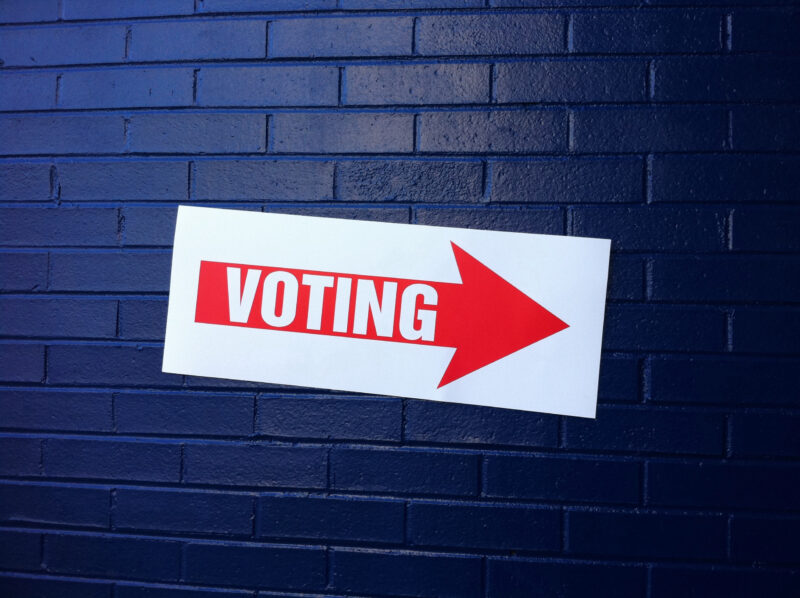
AlgorithmWatch proposals on mitigating election risks for online platforms

Press release
EU Parliament votes on AI Act; member states will have to plug surveillance loopholes
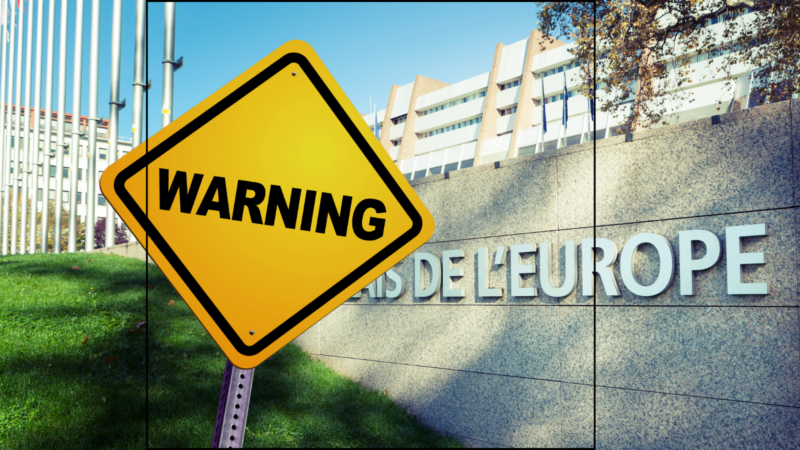
Press release
The Council of Europe’s Convention on AI: No free ride for tech companies and security authorities!
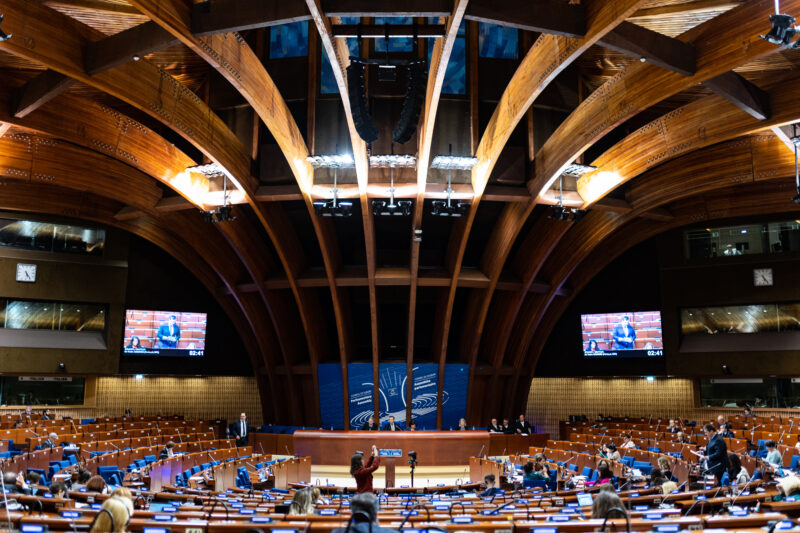
Press release
Europe’s Approach to AI regulation: Embracing Big Tech and Security Hardliners

Op-Ed
Generative AI must be neither the stowaway nor the gravedigger of the AI Act

Civil society calls on the EU to draw limits on surveillance technology
Police and migration authorities must respect fundamental rights when using AI

Expert Policy Proposal
The AI Act and General Purpose AI
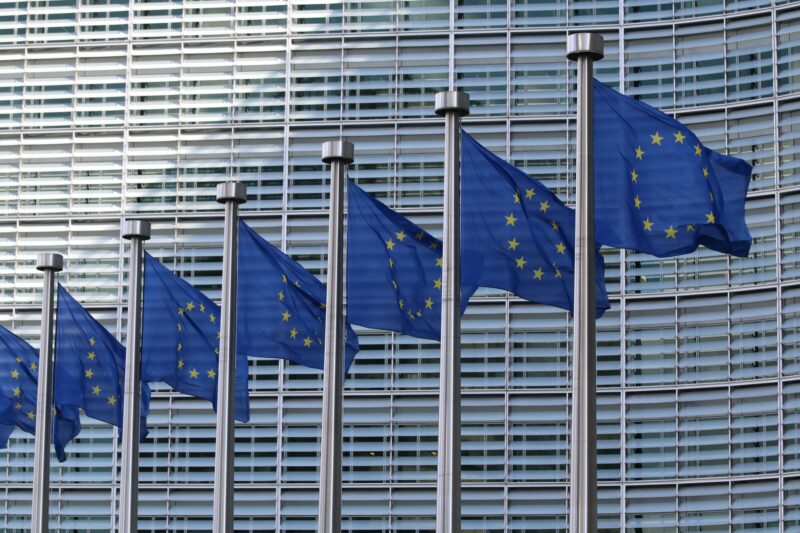
Statement with 118 organizations
EU legislators must close dangerous loophole in AI Act

Making sense of the Digital Services Act
How to define platforms’ systemic risks to democracy

Final EU negotiations: we need an AI Act that puts people first

Battle in Strasbourg: Civil society fights for safeguards against AI harms

Political Ads: EU Lawmakers must uphold human rights to privacy and free expression
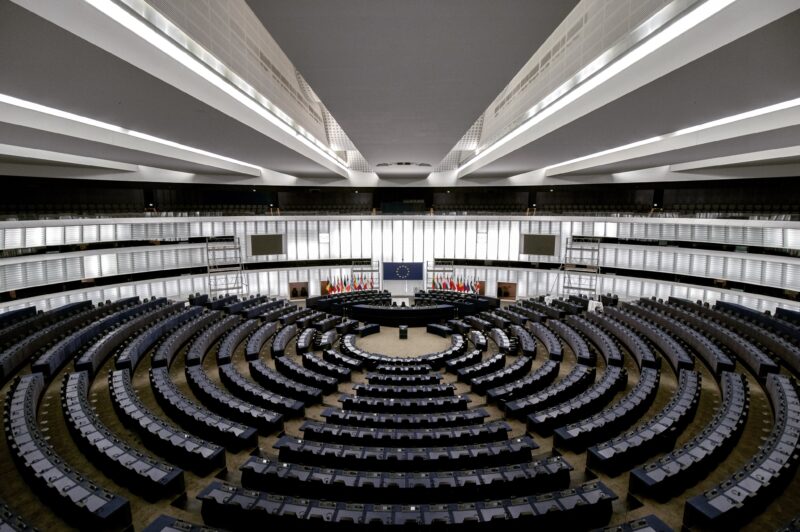
Press release
EU Parliament vote on AI Act: Lawmakers chose to protect people against harms of AI systems

Joint statement
A diverse auditing ecosystem is needed to uncover algorithmic risks

Open letter
DSA must empower public interest research with public data access

Call for Evidence: new rules must empower researchers where platforms won’t

The EU now has the means to rein in large platforms. It should start with Twitter.
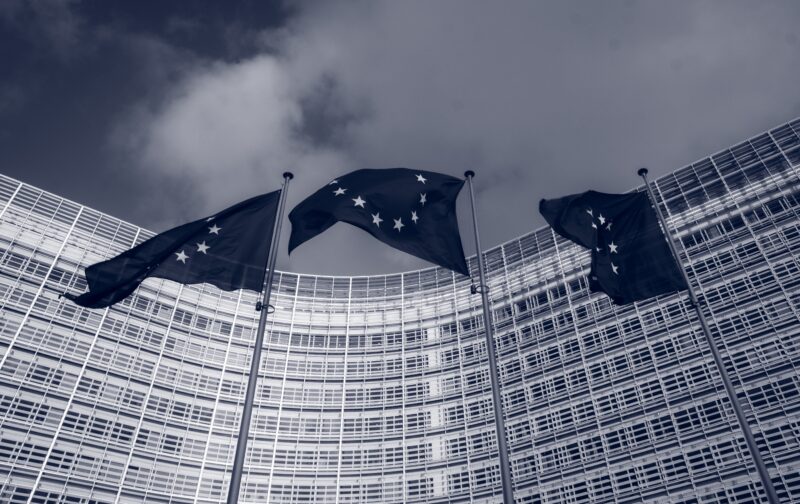
Civil society statement: we call on members of the EU Parliament to ensure the AI Act protects people and our rights

AlgorithmWatch demands the regulation of General Purpose AI in the AI Act

Risky business: How do we get a grip on social media algorithms?

France: the new law on the 2024 Olympic and Paralympic Games threatens human rights

A joint statement on Digital Services Act implementation at the national level
